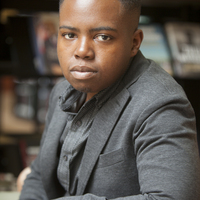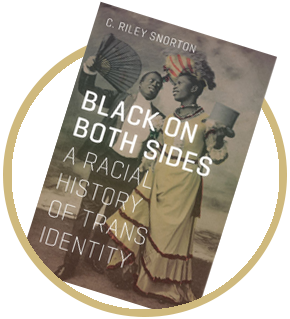



Riley Snorton identifies multiple intersections between blackness and transness from the mid-nineteenth century to present-day anti-black and anti-trans legislation and violence. Their erasure from trans history masks the ways race has figured prominently in the construction and representation of transgender subjects. Her celebrity, however, has obscured other mid-century trans narratives. Winner of the John Boswell Prize from the American Historical Association, the William Sanders Scarborough Prize from the Modern Language Association, the Lambda Literary Award for Transgender Nonfiction, the Sylvia Rivera Award in Transgender Studies from the Center for Lesbian and Gay Studies, and an honorable mention from the American Library Association Stonewall Book Award Committee, Black on Both Sides: A Racial History of Trans Identity (University of Minnesota Press, 2017) is milestone work and we are honored to be featuring Snorton in our annual Charlotte Cushman Society lecture.Ĭreated in 2018, the Charlotte Cushman Society is a group of donors dedicated to recovering and sharing LGBT history and will support on-going initiatives and exploration.The story of Christine Jorgensen, America's first prominent transsexual, narrated trans embodiment in the postwar era. Snorton, Professor of English Language and Literature at the University of Chicago, attends to how slavery and the production of racialized gender provided the foundations for an understanding of gender as mutable.



 0 kommentar(er)
0 kommentar(er)
